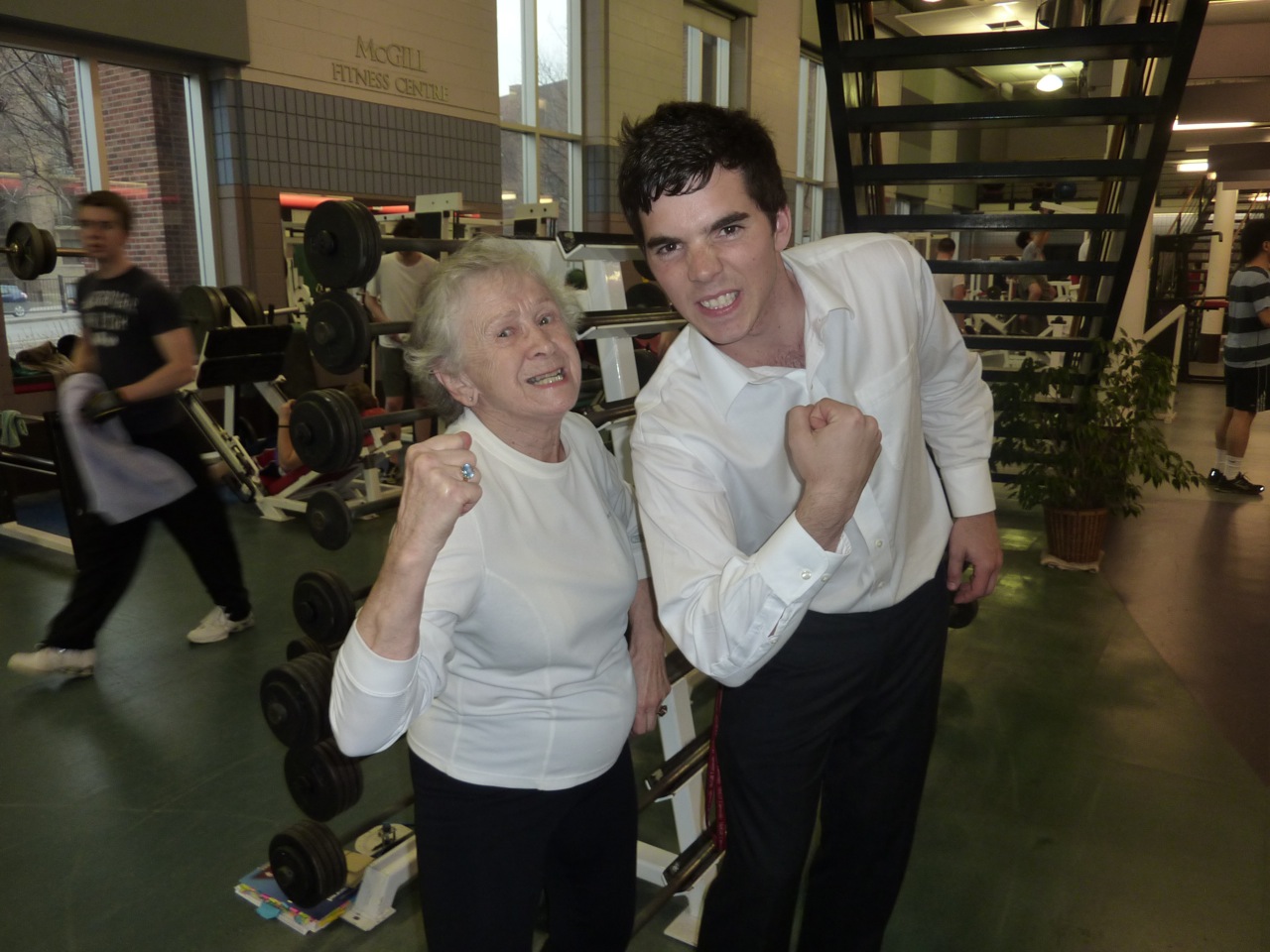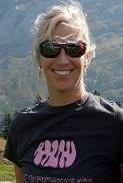Canada’s baby boomers are edging into their retirement years, marking a great demographic shift. Add to that the fact that we’re living longer than ever (the number of centenarians is set to triple, to more than 14,000 people, by 2031) and Canadians are having fewer babies, and it’s clear that Canada’s aging population is growing — and it’s a growing concern. Researchers across every discipline are asking what makes some people age better than others. Furthermore, what can they do to improve the lives of seniors suffering from decreased mobility or cognitive difficulties or other ailments that go hand-in-hand with getting older? The following stories focus on just some of the multitude of aging-related research being done at McGill University and its hospitals.
In September 2009, Tanja Taivassalo went to Finland to watch her 70-year-old father run the World Masters Championships marathon. Keijo Taivassalo did well, finishing fourth in his age group. But everyone’s eyes were drawn to Olga Kotelko, a petite 90-year-old woman from West Vancouver, B.C., who set no less than eight world records during the games — and, in total, holds more than 30 world track-and-field records. (As if that alone isn’t impressive enough, Kotelko only started her athletic career at the age of 77.)

Taivassalo is an associate professor in McGill’s Department of Kinesiology and Physical Education. Her research interests usually skew young; specifically, she studies genetic mitochondrial disease, in which people’s cellular “batteries” are so weak that a walk around the block causes levels of fatigue normally seen after an 800-metre sprint. The disease affects around one in 8,500 people, and there’s no cure — but Taivassalo wonders if Olga might hold a key. “There’s no question Olga is remarkable,” says Taivassalo. “What we’re trying to understand is whether it’s her genes or how she’s been training that makes her remarkable. Was she born or was she made?”
To answer that question, Taivassalo invited Kotelko to her lab at the Montreal Chest Institute in March 2010. The McGill researchers tested Kotelko’s aerobic capacity while she exercised and found that, although her ability to take in and consume oxygen was what one might predict for a nonagenarian endurance athlete (that is to say, it’s very good — and equivalent to that of a sedentary 80-year-old), it wasn’t off the charts. She does, however, seem to have exceptional muscle fibres that allow her to excel in power sports.

Russell Hepple, associate professor in the Department of Kinesiology and Physical Education and the Department of Medicine (Critical Care Division), is doing an ongoing analysis of a muscle biopsy taken during Kotelko’s visit. Hepple doesn’t agree with the common belief that people lose type 2 muscle fibres (the fibres responsible for power and strength, as opposed to the aerobic-focused type 1 fibres) as they age. Olga Kotelko just might prove him right, “because she is, after all, a power athlete doing powerful things.” As we age, we lose both the neurons that activate muscle fibres, as well as the nerve terminals connecting to muscles. Hepple’s team has new data, currently under review, that posits that almost all aging-related muscle atrophy occurs in denervated muscle fibres. “That’s a big finding,” he says, “because it means that understanding the basis for neuronal death is the key to preventing most of aging muscle atrophy. I’m interested in learning whether Olga is protected from this neuronal death — and, just from looking at the size and shape of her muscle fibres, I already suspect that’s the case. If that’s true, the next question will be: Why?” (Hepple adds that better protection from age-associated neuronal death may also explain Olga’s sharp wit: “So much for the stereotypical dumb jock!”)
Hepple and Taivassalo are keen to bring Kotelko back to McGill for a second round of tests — but perhaps nobody is more curious about Olga’s secret than Olga herself. “Well, I still have the energy I had at 50,” she told the New York Times Magazine. “More. Where is it coming from? Honestly, I don’t know. It’s a mystery even to me.”
This research is funded by the Natural Sciences and Engineering Research Council of Canada and the Canadian Institutes of Health Research.
